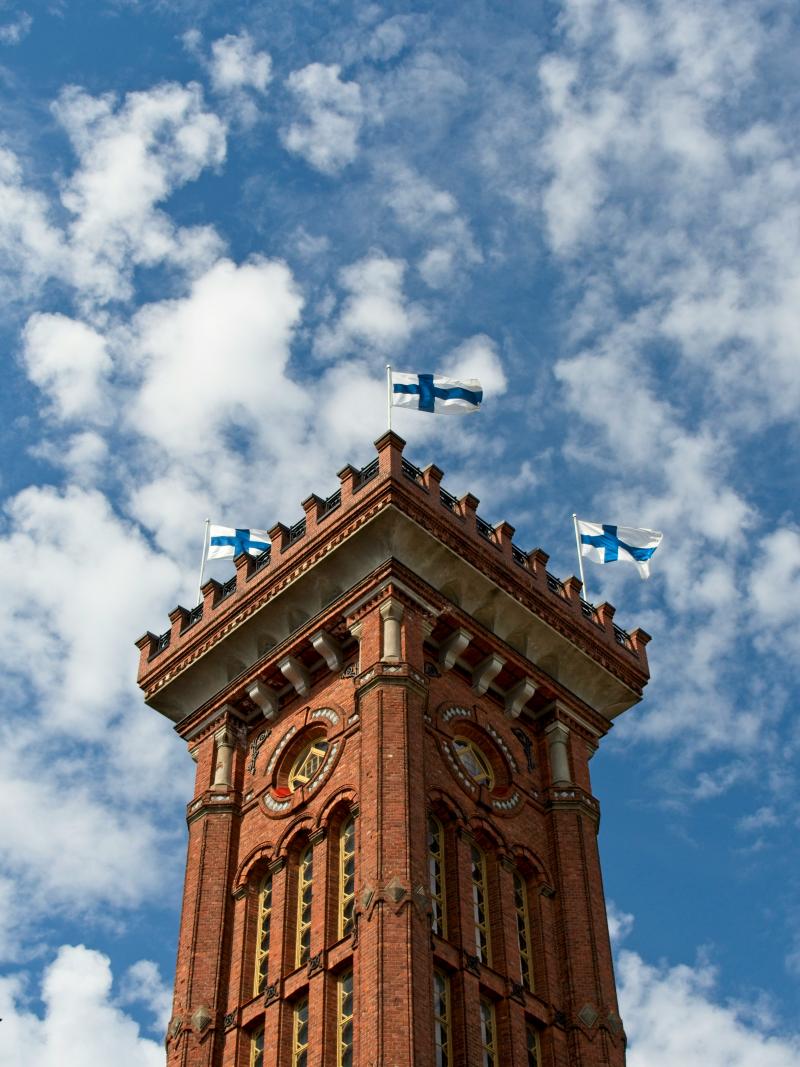Professional Development & Institutional Capacity Building
By: Dr. William Anderson & Betsy Leonard

As the Director of the Teacher Education Program at Morgridge, I am committed to deepening my understanding of education and the diverse elements that shape our educational system. With 18 years of experience in education, including 15 years in K-12 and three years in higher education, I have gained extensive insights into the U.S. education system. However, this experience has also highlighted the limitations of a solely U.S.-focused perspective. Despite our work being centered in the U.S., it is crucial to consider educational practices beyond our borders.
Driven by this belief, I applied for the Community-Engaged Teaching Funds from CCESL to explore Finland's renowned education system. My goal was not only to learn from their successes but also to identify strategies that could be adapted and implemented in our program. During the trip, we planned to visit Finland’s Ministry of Education, the University of Helsinki's College of Education and Teacher Preparation Program, and various schools serving students from early childhood to adulthood. This six-day intensive visit aimed to uncover the unique strengths and areas for growth within the Finnish system.
Thanks to the support of the CCESL Community-Engaged Teaching Fund, our Community Engagement Specialist and I seized this incredible opportunity. We immersed ourselves in the Finnish education system, collaborating with educators from the U.S. who held similar roles. Our experience in Finland extended beyond education; we gained a profound understanding of how Finnish history, culture, and future aspirations shape their commitment to education.
Returning from Finland, we are eager to integrate our findings into our program and the communities we serve. We were particularly inspired by the integral role of the arts in teacher development, and we are incorporating this emphasis into our TEP coursework and outcomes. In a U.S. system often burdened by standards and testing, we aim to nurture the artistic potential in all students. The communal practices in Finnish schools, which prioritize learners' lived experiences and tailor education to individual needs, have reinforced our commitment to Culturally Sustaining Pedagogical practices. We brought back specific strategies such as fostering student independence, employing location-based instructional practices, and utilizing multiple modes of knowledge demonstration in formal settings. These approaches will now feature more prominently in our program.
Our time in Finland demonstrated that education can be approached differently and achieve remarkable outcomes. This experience encourages us to challenge conventional practices and be pioneers in preparing teachers who will serve as community pillars. Without this trip, we would have missed clear, actionable examples of innovative education practices and their results. We are grateful for the support of the CCESL Community-Engaged Teaching Funds, which made this transformative experience possible.